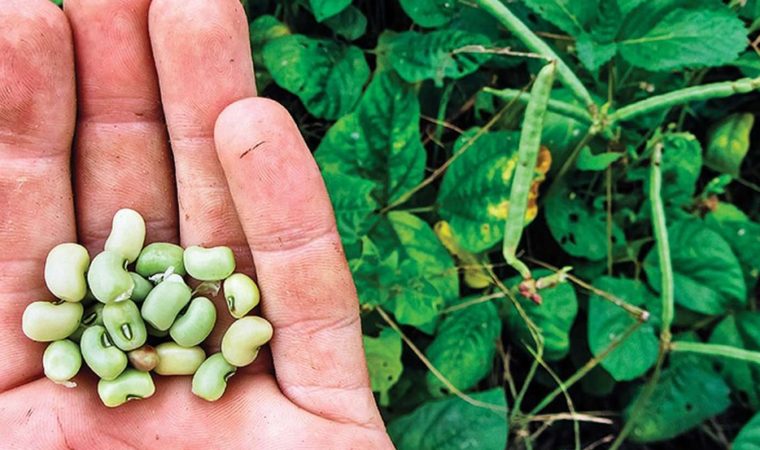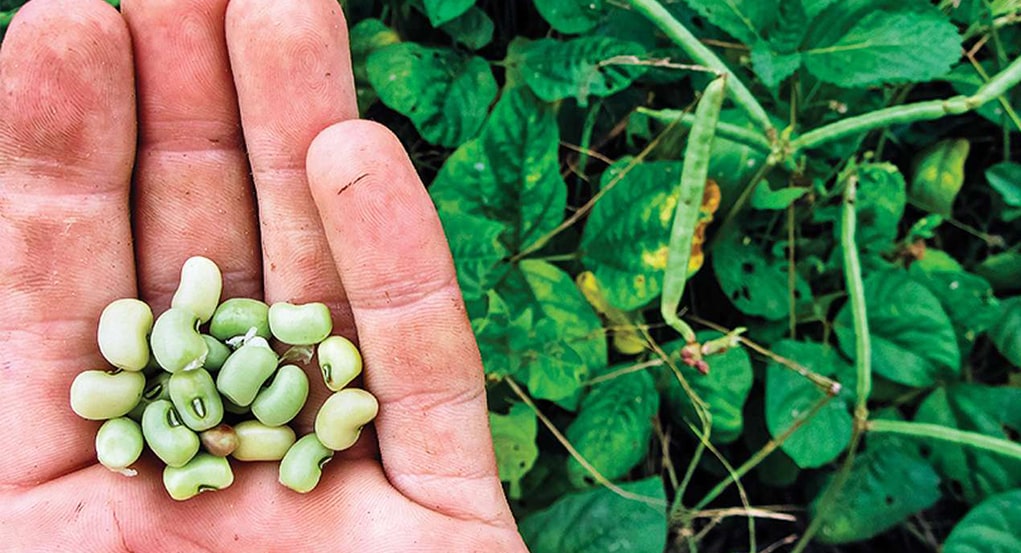



Farmers taking organic to the next level
Disgusted with the USDA, farmers make their own organic label
I have been following Dan Nosowitz from Modern Farmer now for some time. His articles and observations are often insightful and visionary. Here he shares an article on sustainability-focused small-scale farmers taking their version of organic into their own hands.
The certified organic label is, easily, the most important label in the U.S. food regulation system.
Worth billions of dollars, the organic label is the only federally regulated food label that conveys any information about how that food was produced. Certified organic is the fastest-growing food segment—and the distinction can be profitable for farmers (and also costly and difficult to implement)—but that doesn’t mean everyone’s happy with it. A series of scandals and a lack of faith in the current iteration of the USDA, which oversees the organic program, has led a group of pioneering organic farmers to create their own label: the Real Organic Project.

Starting a new label. More transparency is needed.
In the past few years, the rules surrounding organic farming have taken a turn not to the liking of the sustainability-focused small-scale farmers who pushed the movement into being with the 1990 Farm Bill. For one, the USDA declared that soil-free farming methods can snag the coveted label despite objections from farmers who consider the Earth a fundamental component of organic farming. And more recently, the USDA torpedoed a previously-approved law that would have required basic animal welfare standards for organic livestock.
“I got involved when I started seeing a lot of hydroponic tomatoes certified as organic showing up in the market, about five years ago,” says Dave Chapman, a longtime organic farmer who runs Long Wind Farm, in Vermont. “We made a really good faith effort to reform the organic program, but we realized [certification of hydroponics] was not the only egregious failure—the NOP [National Organic Program] was very weak on animal welfare, too.”
The Real Organic Project will include an additional label on top of the USDA’s certified organic label that indicates a project was farmed according to the standards of the Real Organic Project. According to the post: “Starting a new label is not a small task, but we can no longer find an alternative.” The group behind the Real Organic Project is made up of a large collection of farmers and academics from around the country. The label, says Chapman, who is the group’s lead spokesman, “is an attempt to create an add-on label to USDA Organic that will have more transparency and integrity in terms of honoring the traditional values of organic farming.” The group has yet to iron out the label’s exact criteria, but Chapman mentioned that hydroponic growing and large-scale CAFO-type farms would be disqualified.

The pilot campaign, Just Ask, went live in fall 2018.
Starting a new food label is lot of work indeed. Who will audit its use? What will a farmer pay for an audit? How often? What will the label look like and what will the certification be called? The Real Organic Project’s goal is to address these (and the many other) questions, and complete a pilot program of the new label by the end of 2018.
The Real Organic Program is also running another program, the Just Ask campaign, that’s focused on consumer education—a fundamental problem for food labels. The Just Ask campaign will try to get regular customers more engaged on exactly where their food is coming from: the goal is to have customers asking markets and stores whether their organic berries and tomatoes are grown in soil, or whether they come from enormous hydroponic operations run by companies like Driscoll’s and Wholesum Harvest. “I think if 50 people walked into every store in America and asked that, we would win overnight,” says Chapman. That is, he acknowledges, a very optimistic outcome, but it aligns with the project’s goal of adding transparency and attempting to value the things many of the original organic pioneers wanted.
Can Hydroponic Farming Be Organic? The Battle Over The Future Of Organic Is Getting Heated
Why We Need to Revitalize Organic Seed Farming
An Overview of the Homegrown Organic Act of 2017
National Organic Standards Board Decrees That Hydroponic Can Be Organic